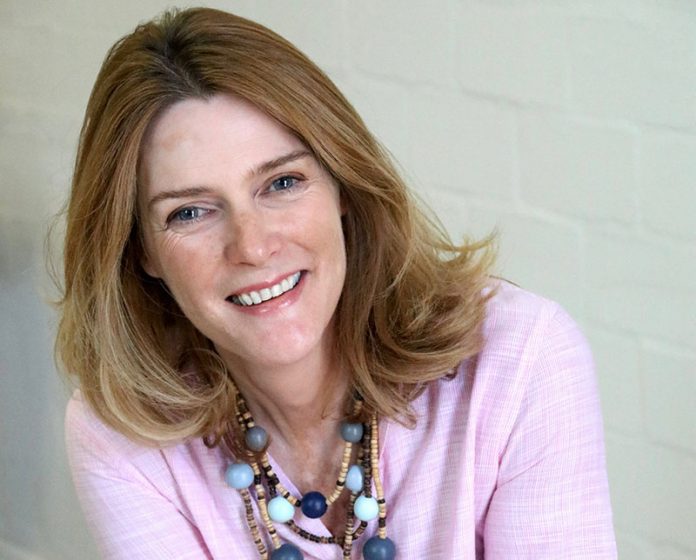According to the Gordon Institute of Business, social entrepreneurship in South Africa can be defined as “a blend of the for-profit and not-for-profit approaches, which balances the value and trust of social organisations with the efficiencies and profit motives of business.”
This hybrid business model has seen a rise in the last decade due to rampant social challenges as a consequence of our complicated history; the aftermath of which is characterised by large scale poverty, poor education, high income inequality and unemployment.
Tracey Gilmore, Co-founder of The Clothing Bank, highlights the characteristics social entrepreneurs need to succeed in this sector.
Soul of a charity, mind of a corporate
The driving force of social enterprise is to contribute to alleviating social ills. To do this, funding is required. The “for profit model” ensures sustainability to continue making an impact.
Successful social entrepreneurs are powered by purpose and a single, specific and defined goal which guides decision making and actions. This goal prioritises changing lives for the better over personal gain. Social entrepreneurship is an emotional, raw and honest journey requiring continuous reflection and big picture thinking.
At the same time, these types of entrepreneurs are disciplined, strategic and indefatigable business people with their eye on governance, accountability and measurement.
Sustain the helping hand
A prosperous social enterprise applies corporate best practice to strategic and operational activities. You need a strong business plan, vision, skilled staff, precise financial management and governance compliance to build an enterprise which elicits trust and remains viable. All these resources and processes, in most cases, may not be readily accessible at the start of the enterprise. Start anyway but make these a key development focus in forward planning.
Measurement and evaluation are of paramount importance; differing from corporates and charities in that profit and social impact carry equal weight as benchmarks of success. Efficient data gathering, and analysis are key in these endeavors.
“At the Clothing Bank, for example, our goal is to empower women with the skills and opportunities to run their own businesses to ultimately eradicate poverty in their families. Besides the standard profit metrics, our social impact monitoring tools include detailed assessments at the start of our program participants’ journey with us; specifically, their physical (health and environment), emotional and financial position. Assessments are performed at set stages of the program and progress measured against previous assessments”, says Gilmore.
Social entrepreneurs keep it moving
Thoroughbred social entrepreneurs are tenacious and stubborn in purpose through hardships, disappointments and the emotional toils this industry presents; most often through sheer force of will. They are excellent communicators with a high EQ to solicit buy in and support for their vision from investors, staff and the very people they are trying to assist. Their authenticity inspires hope and motivation; focusing stakeholders’ attention on the end goal despite challenges.
While structured and disciplined in approach, they are open-minded, absorbing new learnings and flexible in adapting course accordingly.
As the Clothing Bank, we are excited about and inspired by the increasing numbers of brave and determined individuals joining this sector. The more of us there are making an impactful, sustainable difference, the greater a society we will become.





